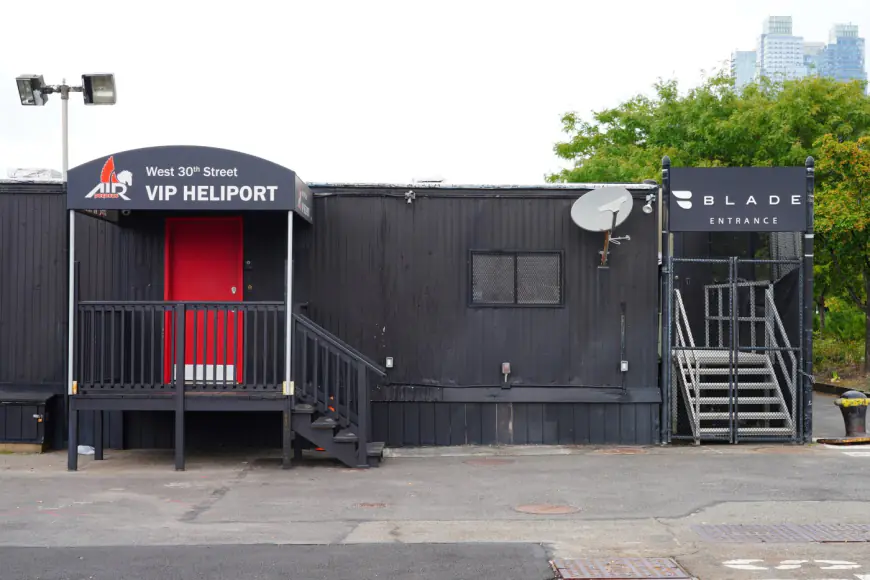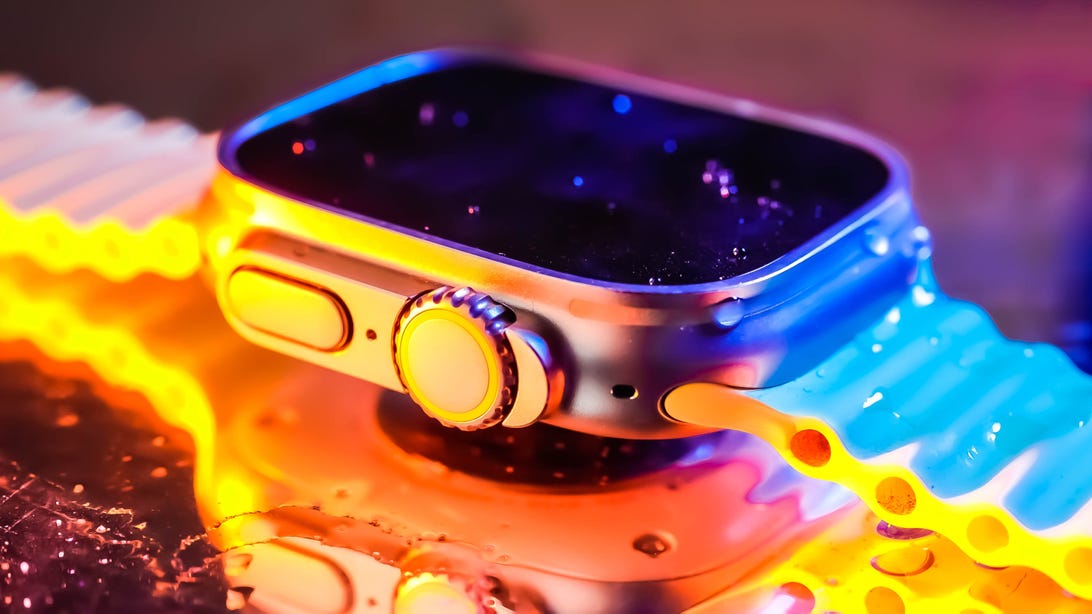NYC’s heliport closure is a medical emergency
I’m here today, front and center to address vital concerns surrounding one of New York City’s most transformative projects: the Gateway Program. This ambitious $16 billion initiative, set to commence early next year, aims to enhance infrastructure and protect the thousands who cross beneath the Hudson River daily. However, there is a significant risk that this construction could jeopardize lives in the process.

I’m here today, front and center to address vital concerns surrounding one of New York City’s most transformative projects: the Gateway Program. This ambitious $16 billion initiative, set to commence early next year, aims to enhance infrastructure and protect the thousands who cross beneath the Hudson River daily. However, there is a significant risk that this construction could jeopardize lives in the process.
As the project begins, it will necessitate the closure of a crucial section of the W. 30th St. heliport, which plays a vital role in the air transport of emergency and medical aircraft — particularly those that transport vital organs from as far away as Boston to Baltimore.
As a proud native New Yorker from “Money Earnin’ Mount Vernon” and a steadfast advocate for equity in health care, transplantation, and social justice, I find this development alarming. As a successful transplant recipient, I am acutely aware of the potential consequences of this closure, and it must be addressed before construction starts in January 2025.
Stakeholders, from Amtrak to the heliport’s long-time operator, are under pressure to devise a solution that maintains this life-saving facility without disrupting one of the largest infrastructure projects in generations. Nothing is straightforward in New York, but when the stakes are high, New Yorkers are known for finding solutions.
The W. 30th St. heliport is unique on the West Side, operating 24 hours a day, seven days a week. It is indispensable for police, fire, EMS, and other first responders, especially since crises do not rest in the city that never sleeps. The transplant community relies heavily on the heliport’s six landing pads, which are critical for timely organ transport. For instance, if a heart is harvested at 1 a.m. and needs to reach a recipient in Boston by sunrise, the heliport enables that swift transport.
Each second counts in the procurement and transportation of organs. As a liver transplant recipient since Aug. 25, 2022, I understand this urgency firsthand. My battle with acute-on-chronic liver failure and the subsequent lifesaving transplant underscores the importance of timely medical interventions.
My mission has since been to advocate for equal access to quality health care for marginalized and underserved communities, while also raising awareness about the national organ shortage and the challenges faced by Black and Brown candidates in the transplant process.
My own story could have ended tragically if my organ had been stuck in New York City traffic. Throughout my recovery, I have connected with many individuals in the transplant community, including Natalie Donnally, a leading organ procurement specialist, who has informed me of the existing threats to our organ transport network.
The potential closure of the W. 30th St. heliport poses a serious risk to transplant patients. Suggestions to relocate operations to one of the two congested city-owned heliports on the East River are fraught with challenges, including the need to convert them into 24/7 facilities and the opposition they face from local communities.
That’s not to say there aren’t critics on the West Side. But their top critique that this is exclusively a private pad for the elitist of the elite isn’t simply true. Look at the fact that this is the least-trafficked of Manhattan’s three heliports, and many of those landings are in response to an emergency.
Would we say the FDR Drive should close to everyone — including ambulances — because it serves the swanky Upper East Side? And, let’s not forget those commercial landings on the West Side help pay to keep Hudson River Park beautiful.
Let me be clear: I do not seek to halt the Gateway Project. It represents a significant opportunity for job creation and economic growth. Thousands will benefit from improved infrastructure, allowing commuters to travel with confidence.
We can advance the Gateway Project while ensuring the safety of organ transplant patients. Solutions may include alternative refueling methods for helicopters or even relocating the heliport to a barge in the long term. This is not just about noise or disruptions; it is about preserving the lives of those who have fought tirelessly to survive.
As a proud New Yorker who has witnessed the city’s evolution, I am inspired by our collective resilience. Together, we can ensure the Gateway Project moves forward without compromising our ability to respond effectively in times of crisis. Let us unite in this crucial endeavor.
Al B. Sure! is a globally celebrated recording artist, songwriter, producer, syndicated radio host, and health and wellness ambassador. He serves as the executive chairman of the Health Equity in Transplantation Coalition.
What's Your Reaction?








































































































